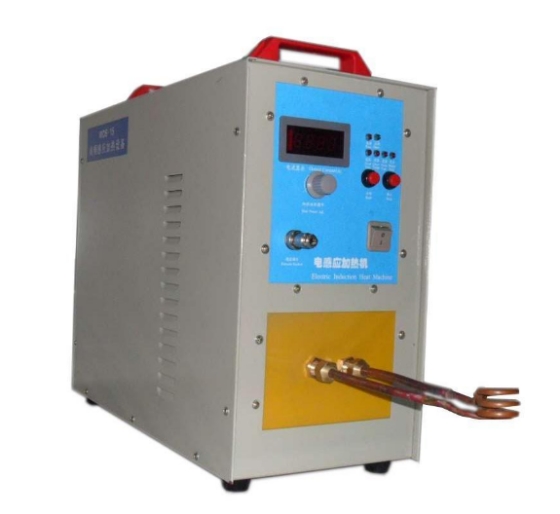- 27
- Sep
What is the quenching quality of the quenching equipment related to?
What is the quenching quality of the quenching equipment related to?
Induction heating is a relatively new process at present. It is widely used in various industries due to its unique performance. The principle of induction heating surface quenching is: electromagnetic induction generates a high-density induction current on the surface layer of the workpiece, and then rapidly heats it to the austenite state, and then rapidly cools it to obtain the martensite structure of the quenching method. To a large extent, the quality of induction heating quenching is related to the structure and form of the quenching equipment you choose.
According to the shape of the quenching equipment, the frequency of the power supply current and the power input to the inductor, and the distance between the heated workpiece and the inductor, a certain shape and depth of heating layer can be obtained on the surface of the workpiece.
With the same inductor, different heating layers can be obtained by changing the current frequency and input power. The editor recommends that you adjust the gap between the sensor and the hot part not to exceed 2-5mm. (1) Decrease: the air in the gap may be broken down; (2) Increase: this gap will reduce the heating efficiency.
1. فارم
This can be designed and manufactured according to the shape of the workpiece and the specific situation.
Second, the number of turns
The number of turns of the inductor is mainly determined according to the working size, power and inner diameter of the quenching equipment. If the quenching process sprays water immediately after heating, you can make a single-turn inductor, but it is difficult to increase the height.
In order not to reduce the output efficiency of high-frequency equipment, you can use copper pipe to bend into multiple turns, but the number of turns does not need to be too many. Generally, the height of the inductor should not exceed 60mm, and the number of turns should not exceed 3.
Three, production materials
The materials used to make the sensor are brass with conductivity not less than 96% of pure copper; industrial pure copper (red copper tube).

